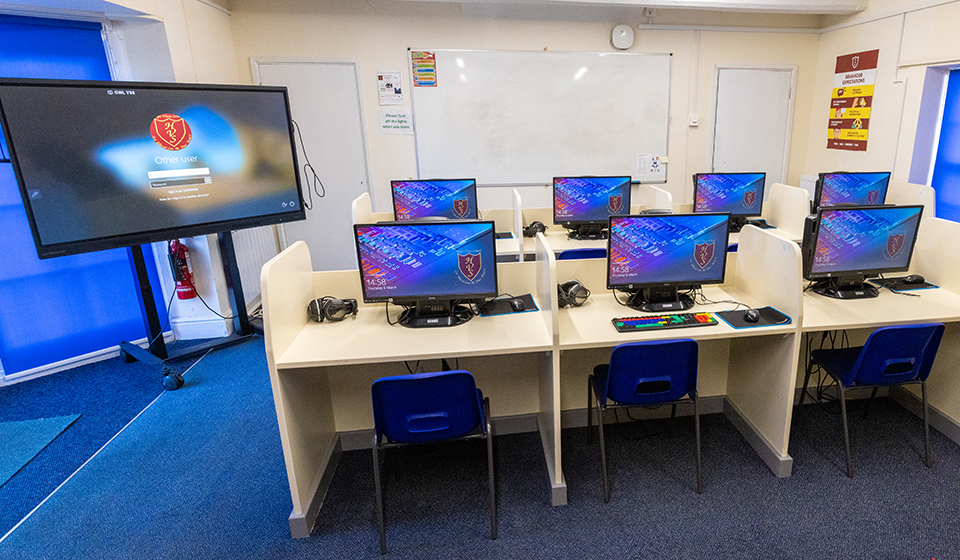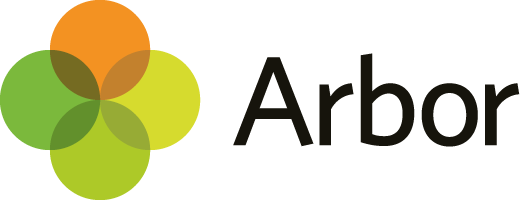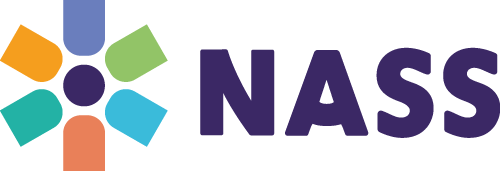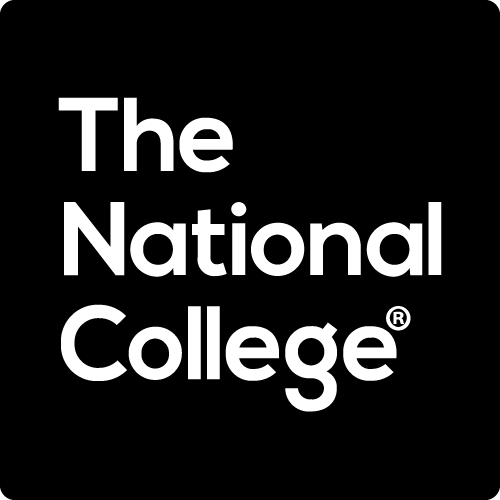Our Curriculum is designed to provide pupils with the opportunity to “catch up, progress and succeed”, with most pupils starting from low starting points, and is structured to provide all pupils with the knowledge, skills and understanding to progress fluently through the stages and develop lively, inquisitive minds. The Curriculum is consistently and rigorously evaluated and reviewed to ensure that it meets the needs and abilities of all pupils, whilst encompassing, at least all the statutory requirements of the National Curriculum for core subjects; Maths, English & Science. Given the nature of the school, and to ensure that curriculum is broad and balanced, subjects and curriculums such as History and ICT have been designed for the specific needs of the pupils and school. It provides pupils with a wide range of experiences both inside and outside of the classroom, preparing them for life beyond school and develops Cultural Capital.
Core Curriculum Plans clearly identify and highlight the key milestones that pupils need to develop and achieve to successfully progress to the next stage, through learning objectives or enquiry questions. They identify/suggest key assessment points and carefully consider the spacing from initial/previous periods of teaching and learning to the point at which topics are revisited; and knowledge, skills and understanding are developed and built upon. Plans state the impact of this learning and identifies the applications of knowledge & skills learnt in everyday life and careers to enhance our pupils understanding. Knowledge Organisers are used to outline the teaching and learning that will take place for teachers, pupils, parents, and carers. These are used as a support tool to help teachers check whether pupils have learnt the key knowledge/skills, aid pupils in the retention of key information & skills, and act as a simple reference point for teachers, pupils and parents/carers.
Teachers are given flexibility to adapt and change plans to meet the needs of the class or individual/s and consider cross-curricular links. This enables teachers to focus attention on those areas that may require additional teaching & learning, and forms part of their short-term planning. Teachers use their knowledge of the pupils they teach, to ensure that all are targeted and challenged to achieve their full potential through differentiation and successful deployment of teaching assistants to support learning.
The wider curriculum ensures that pupils can develop knowledge, skills and understanding from a broad range of subjects and competencies. In subjects such as ART, Cooking, Robotics, & Woodwork, the curriculum develops this in a schematic way, with increasing complexity and variety in skills taught and learnt. In addition, subjects such as PSHE, Physical Education, Outdoor Education, and Duke of Edinburgh afford our pupils the opportunity to develop broadly, in a wide range of environments and disciplines both inside and outside of school. These pupil experiences include attending Catch 22 to develop skills and qualifications in other disciplines such as construction, catering, and animal care. Additionally, pupils engage in Life Skills to broaden their understanding and prepare them for leaving school with skills that enable them to be independent, valued members of society. Our SNAP Behaviour tool enables us to implement interventions and strategies to support behaviour, social, emotional well-being and relationships.
Learning Environment
- Classrooms are calm yet stimulating learning environments where pupils feel safe and confident in their surroundings.
- Displays are purposeful and informative, and used to celebrate pupil achievement or contribute to effective teaching and learning.
- Classrooms are well resourced to support teaching and learning, including ICT resources.
Quality Teaching
- Staff have high expectations of pupil behaviour and learning, and challenge pupils to achieve their full potential.
- Teachers impart knowledge with enthusiasm and motivate pupils to fully engage in their learning.
- Teacher planning takes into consideration prior knowledge, skills and understanding acquired to ensure challenge and progress.
- Teachers provide pupils with clear and accurate learning objectives, supported by success criteria that enables pupils to identify and track their journey towards its achievement.
- Teachers use a range of teaching strategies/resources to target varying learning styles.
- An expectation that pupils will develop resilience and independence and accept responsibility for their own learning.
- Use a variety of questioning techniques, in particular, QPN (Question, Pause, Nominate), to ensure that all pupils are given equal opportunity to process, interpret and respond.
- Teachers communicate effectively through careful consideration and application of tone, volume, and language.
Data Tracking & Assessment
- Baseline data for each pupil is collated upon entry.
- Rigorous assessment and tracking of individual pupil progress is used to plan effective lessons and ensure that pupils make progress and close attainment gaps.
- Data tracking informs pupil progress meetings so that interventions and actions can be taken with urgency to support those not making at least expected progress (EP).
- Low, medium, and high-stake forms of assessment.
Intervention
- Pupils/groups not making EP are identified.
- Provision for intervention is implemented according to need.
- The impact and effectiveness of interventions are evaluated and reviewed.Speech and language therapists.
- Occupational therapists provide strategies for
- intervention.Sensory Circuits.
- Sounds Write.
Behaviour Management
- Staff have high expectations of pupil behaviour and challenge negative behaviour consistently, firmly, and fairly.
- Pupil behaviour is tracked and analysed to identify patterns, concerns, and improvements, informing interventions and decision making.
- Effectiveness of intervention and support is evaluated.
- Behaviour Expectations are consistently displayed in each learning environment to provide clarity and continuity for pupils and staff throughout the school.
Marking & Feedback
- Teachers mark pupil work for Spelling, Punctuation and
- Grammar with a high focus on literacy throughout the curriculum.
- Subject specific feedback is provided.





